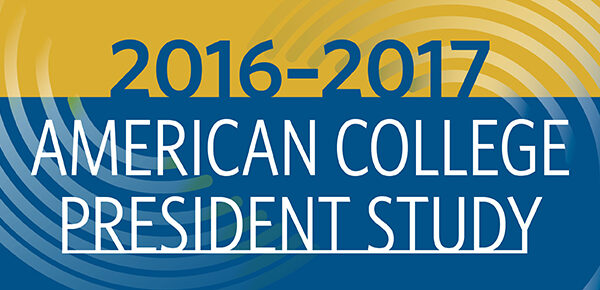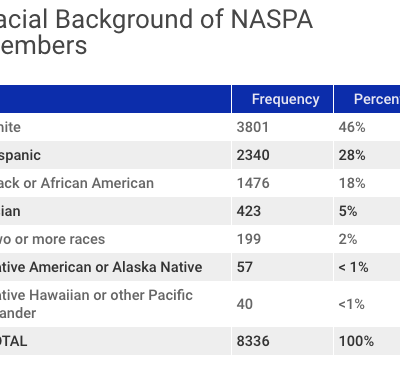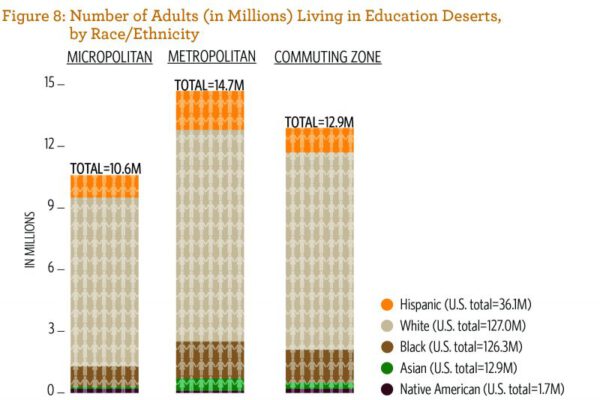
Legacy
As the new president takes office, it’s reasonable to assess the Obama administration’s higher education record and to ask what its legacy will be and how long it will last. In a preview of the Winter 2016 edition of The Presidency, ACE Senior Vice President Terry W. Hartle outlines five fundamental ways federal higher education policy has changed over the last eight years.
October 27, 2016
College Board Releases 2016 Reports on College Pricing, Student Aid
October 26, 2016
NLRB’s Columbia Decision: What Does it Mean and Where Do We Go From Here?
September 14, 2016

The American College President: Reflections and New Developments for ACE’s Signature Study
Earlier this year, ACE’s Center for Policy Research and Strategy distributed the survey for the eighth edition of the American College President Study (ACPS), which was first administered in 1986. Across three decades, the ACPS has earned a reputation as a one-of-a-kind research tool that presents a unique and comprehensive portrait of the presidency and the higher education leadership pipeline.
August 10, 2016
PODCAST: Lorelle Espinosa on Campus Diversity and Inclusion
August 8, 2016

“Am I overreacting?” Understanding and Combating Microaggressions
Many people of color, women, LGBTQ and other “minoritized” groups on college and university campuses experience microaggressions on a regular basis. We can no longer merely work toward multiculturalism and inclusivity, but rather we must address the larger systemic issues that allow racial microaggressions to flourish on campus.
July 27, 2016

Affirming Racial Diversity: Student Affairs as a Change Agent
As we continue the discussion about race on college campuses, an important question is emerging: Are institutions of higher education the correct entities to task with addressing racial issues in the United States? Amelia Parnell of NASPA – Student Affairs Administrators in Higher Education looks at the role student affairs professionals can play in advocating for diversity on their campus.
June 29, 2016

The Accountability Movement, College Choice and the Importance of Place
For many students, the decision of whether to attend college, let alone which college, is likely determined more by where they live than by graduation rates, programs offered or even salary after completion. ACE’s Jonathan Turk and the University of Wisconsin-Madison’s Nicholas Hillman discuss the importance of “place” when addressing college choice process and policy.
June 1, 2016

Lead with Data. Inspire with Leadership.
Bob Shea, senior fellow at the National Association of College and University Business Officers, sat on the ACE2016 panel “Higher Education Business Models: Leading with Data to Deliver Results.” During the Q&A, the common theme emerged of how to get started on the difficult work of moving to a sustainable economic model. Shea considers that question.
May 25, 2016
The Past Can’t Be Prologue
Dennis P. Jones, president emeritus of the National Center for Higher Education Management Systems, writes that higher education must take the lead in ensuring that college remains (and is made more) affordable. Assuming this challenge—and responsibility—will require extraordinary leadership skills by college administrators, and require nothing less than a change in institutional cultures.
May 11, 2016

Addressing Islamophobia on College Campuses
In the latest post in our series sparked by recent student protests and the national dialogue on diversity and inclusion, Mary Ann Bodine Al-Sharif and Penny A. Pasque discuss the climate at U.S. colleges and universities for Muslim students, faculty and staff.
May 4, 2016
